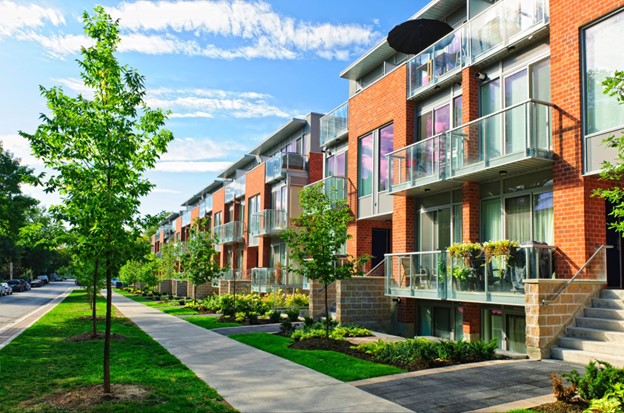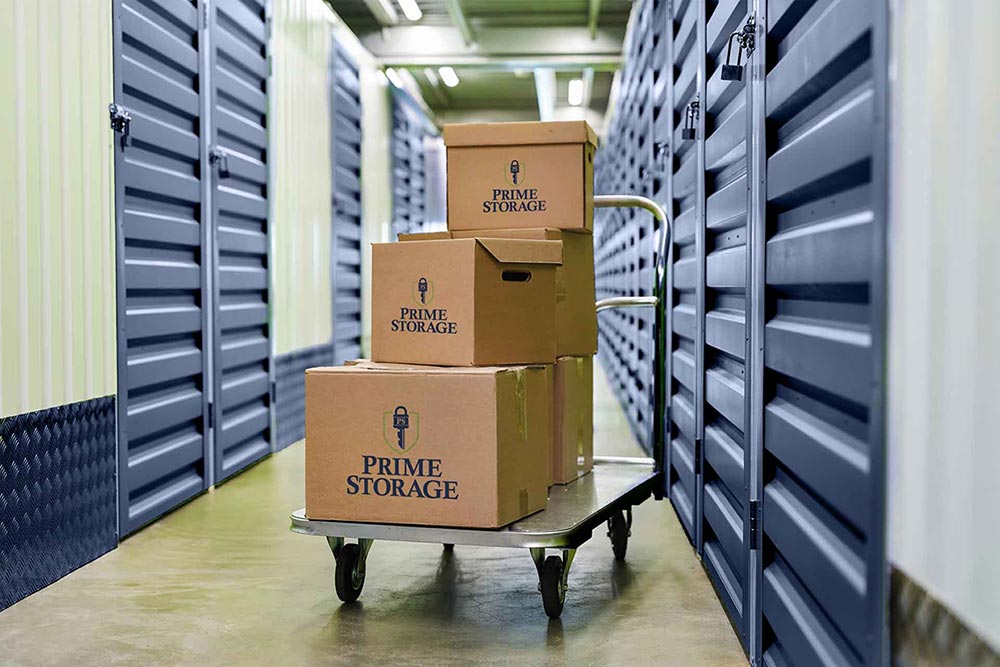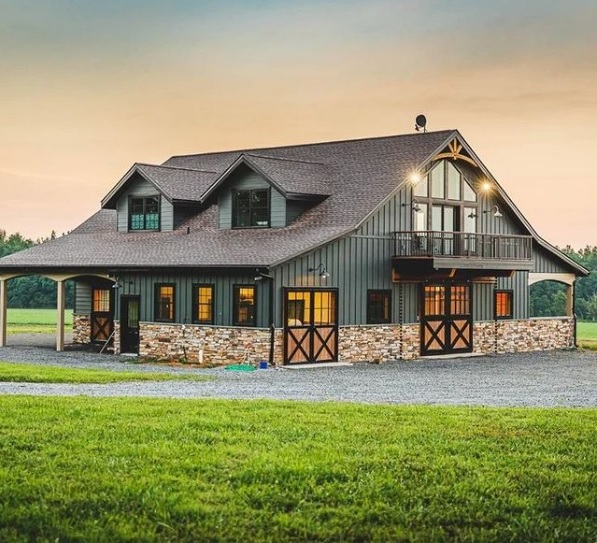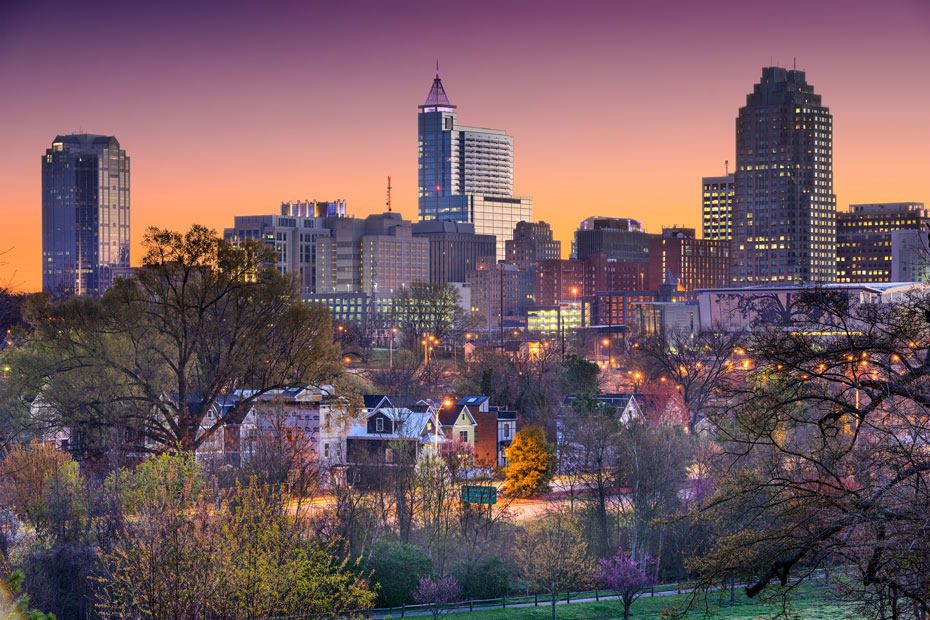
Thinking about renting or buying your first home? Congratulations! It’s a huge life event and an excellent investment if you take the ownership route. But what kind of home you settle on depends heavily on where you decide to live. In the suburbs, single-family zoning and houses reign supreme. But in more densely packed urban areas, apartments, townhomes, and condos might be the only types of housing available.
What’s the difference between a condo and a townhome? Is an apartment the same as a condo? What amenities come with attached housing? These are all important questions to ask. Here we’ll examine the differences between three standard housing options that fall outside the traditional detached bungalow, ranch, or split-level style homes.
What is an apartment?
Apartments are the most common type of rental property, meaning you don’t own any aspect of the living space or the land it’s on. With apartments, you sign a lease agreement to live in a designated unit for a set term and pay a monthly rate. Each contract can vary from landlord to landlord, and rates depend on factors like state laws, amenities, and the area’s cost of living. Some rental agreements may even include utilities in the rent payments, while others require you to pay them separately.
Apartment complexes can house hundreds of units or be just a few dedicated living spaces. They can even be mixed-use properties combining commercial, residential, and industrial units. Apartment sizes also vary drastically from lofts to multi-bedroom units. Just know that, like with any property, more space means a higher cost.
Who should rent an apartment?
Apartment complexes are ideal for those who aren’t financially prepared for the home-buying process or who may travel frequently and would benefit from low-maintenance living. Owning a home requires a lot of upkeep, and apartments take away much of that work. The downside is that you’re limited in what you can change by not owning the unit. For example, if you don’t like the paint colors, you may be stuck with them depending on your lease. You won’t build any equity by renting, but your landlord should handle most maintenance.
What is a condominium?
Like apartments, condominiums (condos) offer homeowners a more hands-off experience. Condos can look like rental apartments, or they can look like townhomes. The most significant difference between condos and townhomes is property ownership; if you own a condo, you only own the airspace the property occupies. You do not own the land or the exterior of the home.
Any green space around the complex is shared among all condo owners. As a result, condos typically have higher homeowner’s association (HOA) fees than townhomes or even single-family residences. Condo HOA fees typically cover exterior maintenance for all units, roofs, elevators, and other important structures or services. They also have rules and regulations that homeowners are expected to follow. These restrictions can vary from lawn décor to which windows you can put an AC unit in. Ensure you read these rules carefully, as violations can often result in a fine.
Who should buy a condo?
Condo ownership is ideal for those who don’t mind some restrictions and: want maintenance-free living, extra amenities, and a space close to work or entertainment districts. In addition, condos provide the equity benefits of homeownership, especially if the community maintains a high standard of appearance and living. So, you get more bang for your buck over time.

What is a townhome?
When most people picture townhomes or townhouses, they see a narrow, multilevel residence attached to other homes on the same street. But this isn’t always the case. Some condominiums include multilevel attached dwellings, too.
A townhome’s defining feature is ownership. Townhouse residents typically own the home’s property, including front and back yards, plus the home’s exterior. This provides more opportunities to update or decorate your home as you like than condos or rental properties.
Some, but not all, townhome communities require owners to pay HOA dues. These fees cover less maintenance than condos but include the upkeep of any common areas, trash pickup, or snow removal. But ultimately, you’re in charge of making your house look nice.
Who should buy a townhome?
Townhomes are a great fit for those who want more freedom to make decisions about their home’s exterior and interior without maintaining a large lot. You’ll need to shovel your driveway and mow your lawn, but the tradeoff is fewer restrictions. So, leave your holiday lights out or put tacky lawn flamingos in your yard if that makes you happy.

No matter what kind of home you choose, Prime Storage can help you move.
Of course, deciding what type of home to purchase depends on lifestyle, cost, and convenience. Finding the right home can often take time, especially in a tight housing market. This is especially true for those who have recently relocated to an area and need to house hunt before settling in. In situations like these, renting an affordable nearby storage unit offers flexibility. Whether purchasing your first home, downsizing or looking for something temporary, using storage to stay organized during your move can reduce the hassle of packing and moving from place to place. Residential storage units come in all different sizes, from small closet-sized units to larger ones that can hold the contents of an entire four-bedroom home. To learn more about how self storage can help you organize and pack for your move, visit your nearest Prime Storage facility today.





